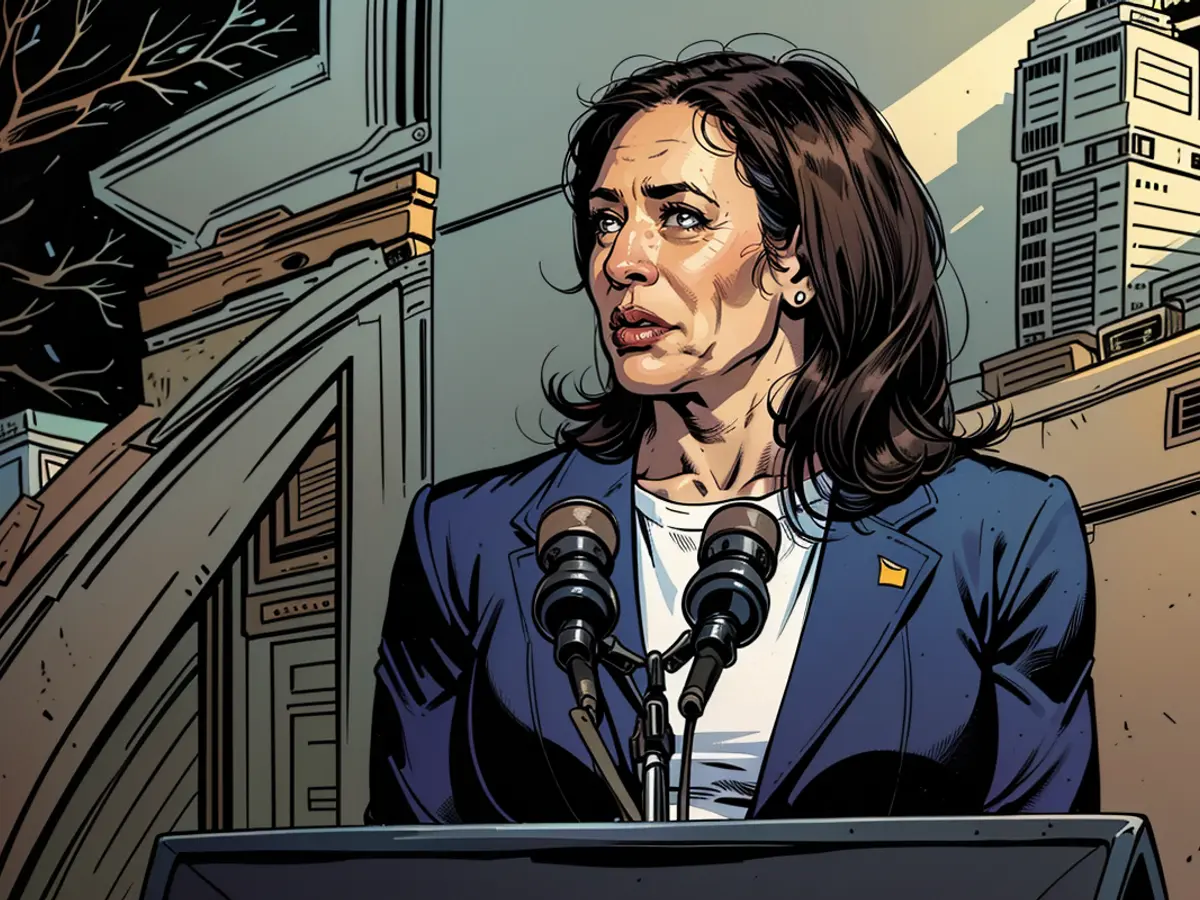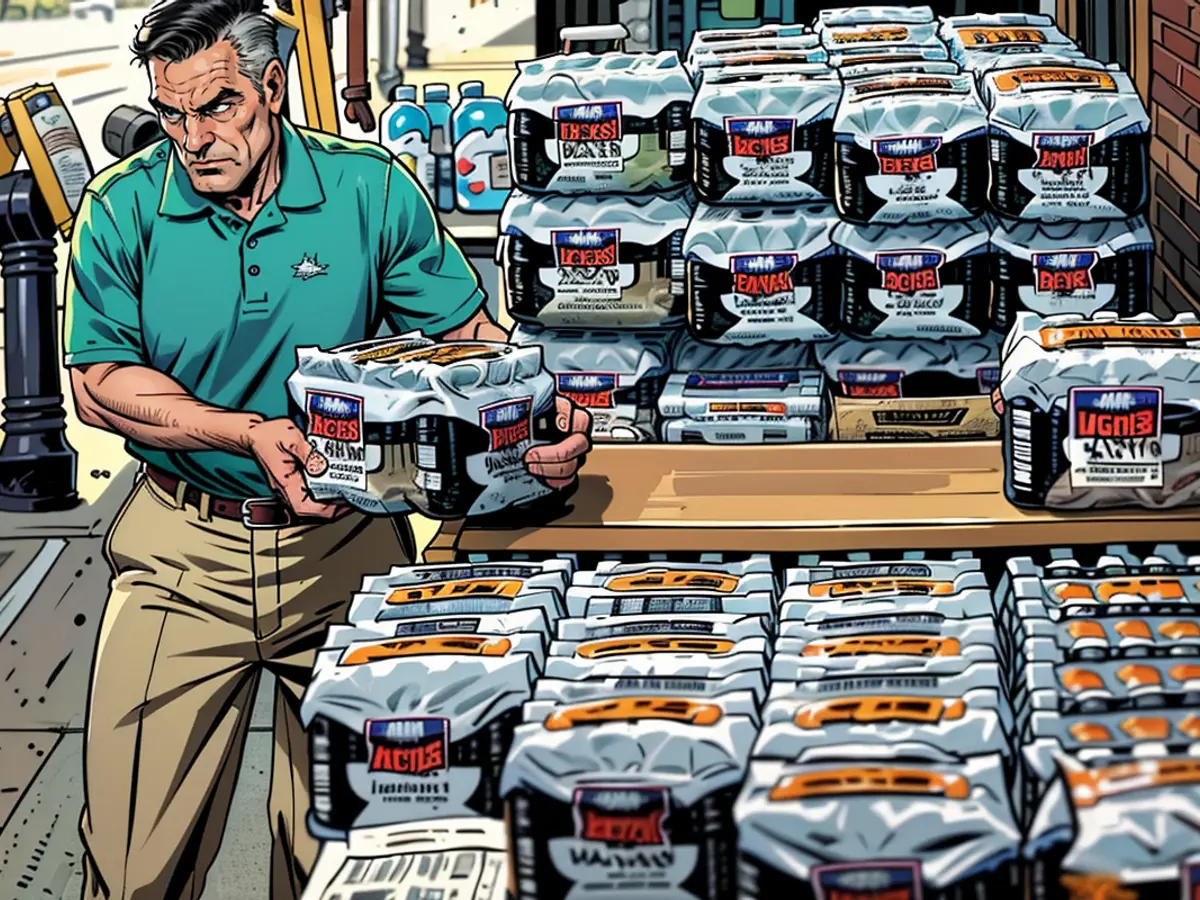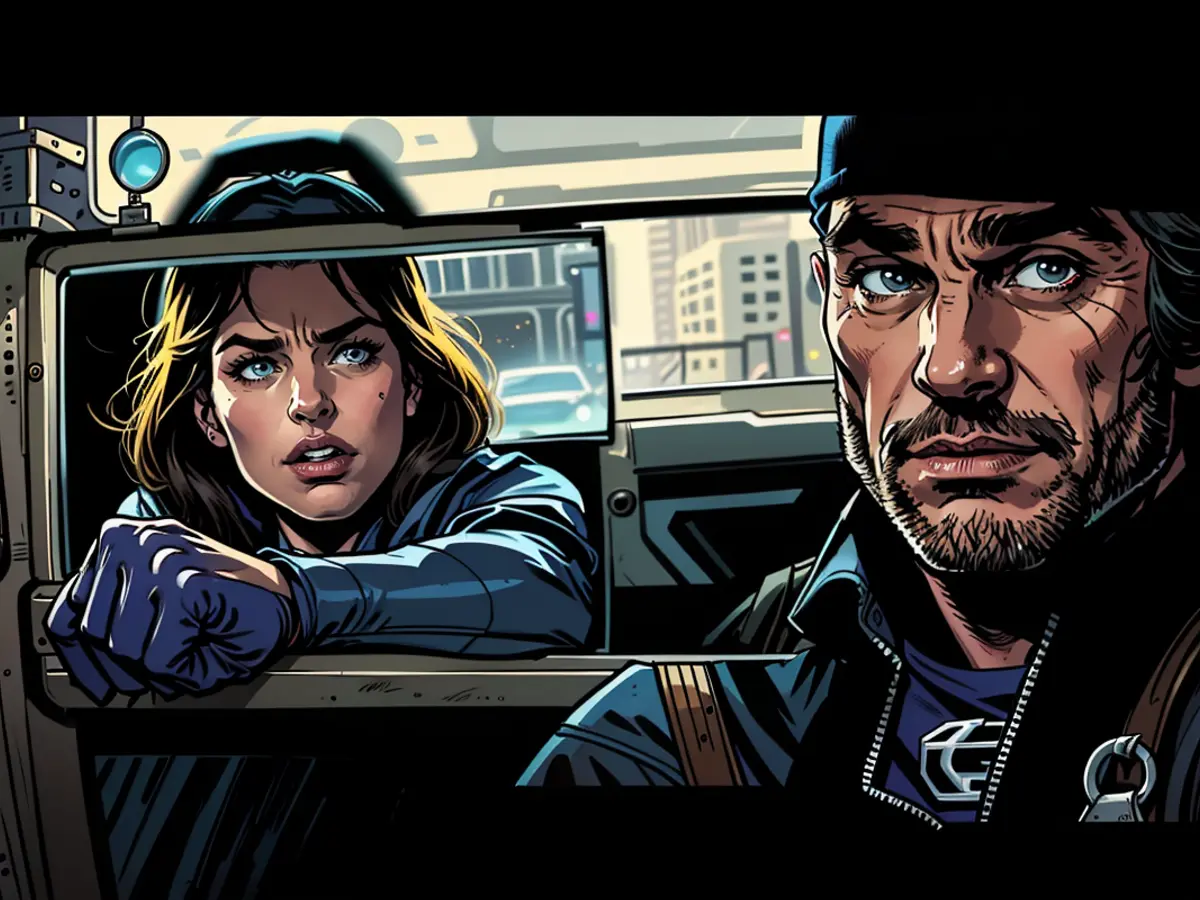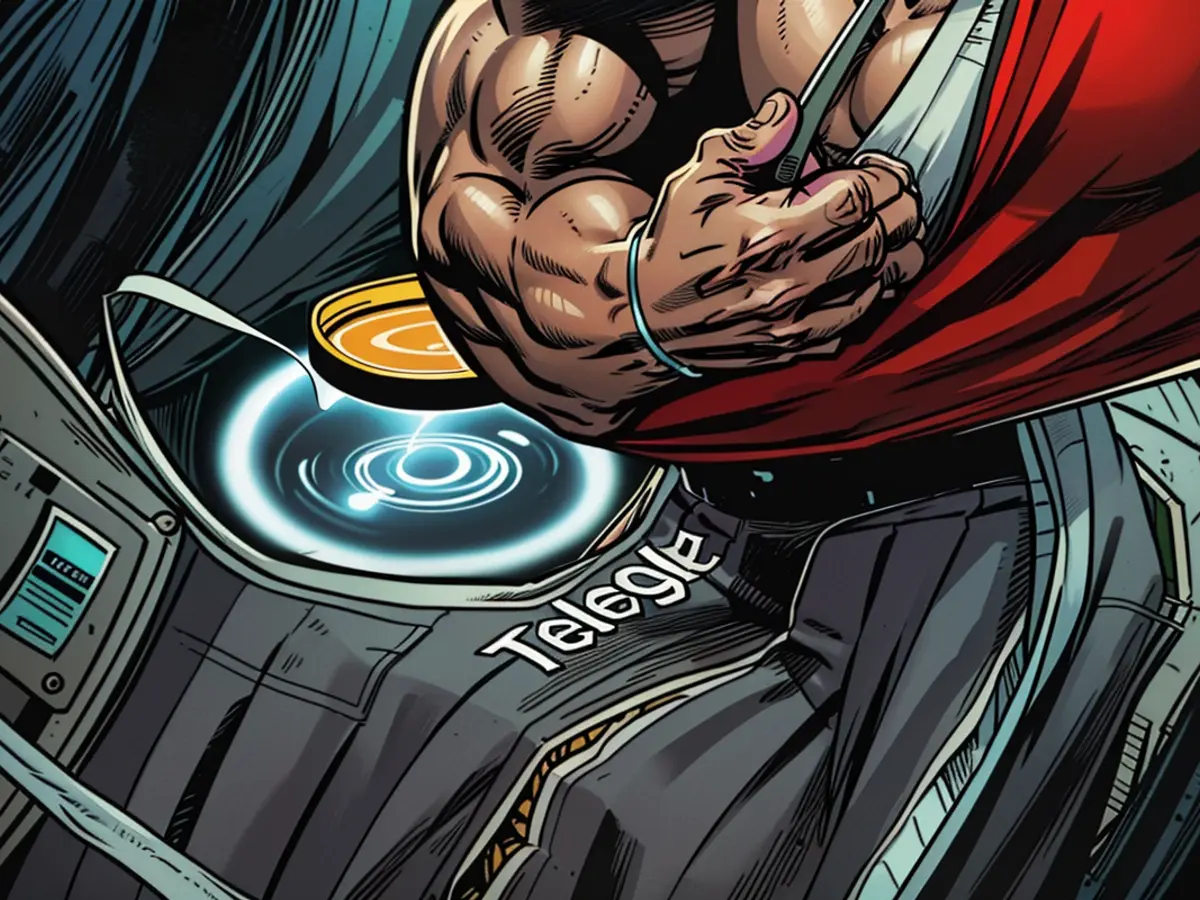- O primeiro-ministro de Bangladesh parece estar renunciando <unk> Os manifestantes invadem o escritório
Um dia após violentos confrontos durante protestos no Bangladesh, manifestantes teriam invadido a residência oficial da primeira-ministra Sheikh Hasina, segundo a agência de notícias Reuters. Ela não estaria presente no momento, tendo deixado o local anteriormente, segundo fontes próximas a ela. Na segunda-feira, milhares de pessoas foram vistas entrando no palácio do governo na capital, Daca, em imagens de televisão.
Os protestos, que começaram em julho contra um sistema de cotas no serviço público, agora se intensificaram com pedidos de renúncia da primeira-ministra Hasina e seu gabinete, que estão no poder desde 2009.
No domingo, os confrontos violentos atingiram um pico sombrio com pelo menos 300 mortes, segundo uma contagem da agência de notícias AFP com base em relatórios recentes da polícia, médicos em hospitais e oficiais. Os protestos têm se intensificado desde então.
A primeira-ministra de 76 anos foi reeleita em janeiro em uma votação boicotada por uma grande parte da oposição. Seu governo é acusado de abusar de instituições estatais para manter o poder e suprimir críticos do governo, inclusive com mortes extrajudiciais de figuras da oposição.
O movimento de protesto agora ganhou apoio de pessoas de todos os setores da sociedade, incluindo astros do cinema, músicos famosos e ex-generais, além de 47 empresas de tecidos vitais para a economia do país. Ainda não está claro se o exército apoiará os manifestantes ou continuará apoiando Hasina.
Confrontos sangrentos em Daca
Supporters and opponents of Hasina's Awami League party clashed in numerous cities on Sunday, with the party's office also being attacked. In the northwest of the country, 12 police officers were beaten to death, according to police spokesman Bijoy Bosak.
In the capital, Dhaka, at least 11 people were killed and dozens injured in street battles, police and eyewitnesses said on Sunday. Two construction workers were also killed on their way to work in the city of Munsiganj, with hundreds more injured.
"Those who are now protesting on the streets are not students, they are terrorists trying to destabilize our nation," Hasina said, urging her fellow citizens to react harshly. Protesters had blocked major roads, and police used tear gas, stun grenades, and rubber bullets to disperse them. The internet was shut down across the country.
Governo impõe toque de recolher indeterminado
These were the worst clashes in the South Asian country since Hasina's election victory in January, which was boycotted by the largest opposition party.
On Sunday, the government imposed a curfew, to be in effect indefinitely. Starting Monday, a three-day holiday was also declared for all citizens.
Last month, at least 150 people died in politically motivated violence in Bangladesh. Around 10,000 people were arrested by the police. Students had protested against quota systems in public service recruitment, which were later largely struck down by a court. However, students now demand justice for the families of those killed during the protests. Critics of Hasina have accused the government of excessive force in suppressing the protests, which she denies.
The following developments led to the imposition of an indefinite curfew by the government: the escalating protests against Prime Minister Hasina's government and the violent clashes that resulted in numerous deaths and injuries.
In the aftermath of the 'The following' events, there were calls for the government to address the demands of the protesters and ensure justice for those affected by the violence.







